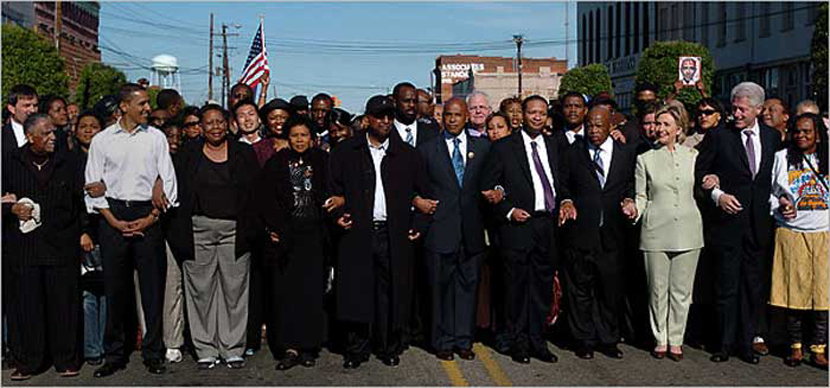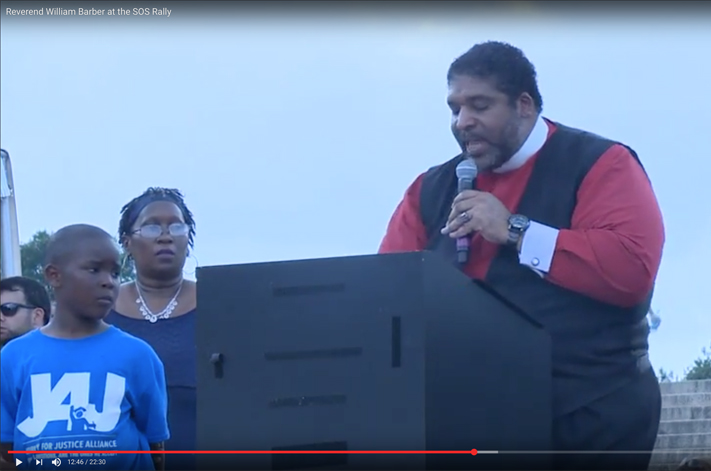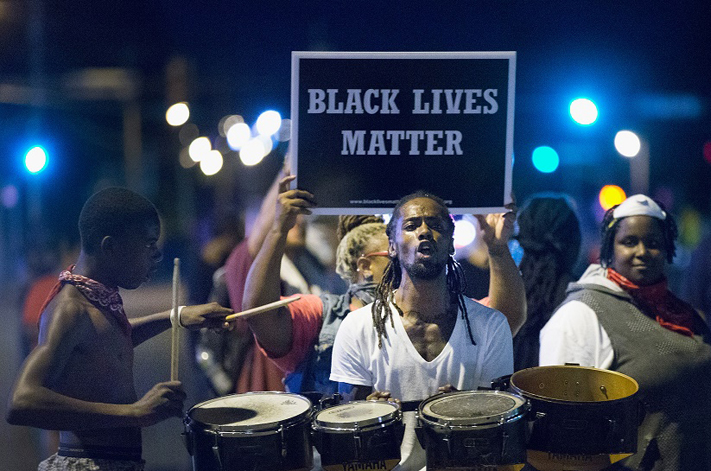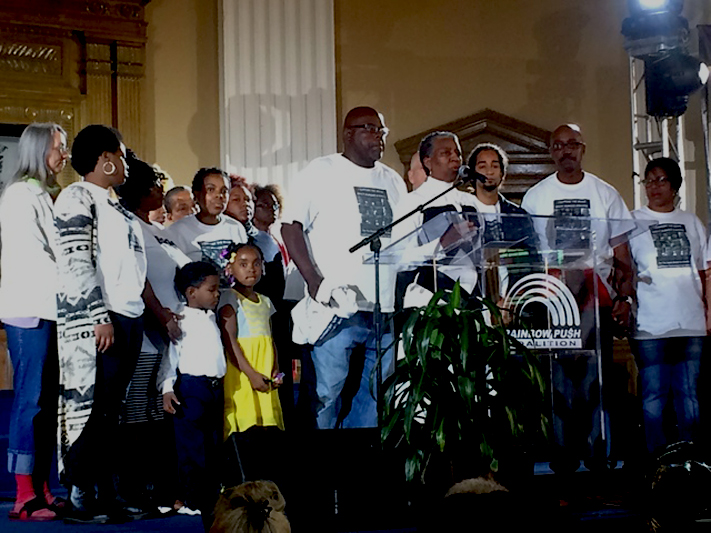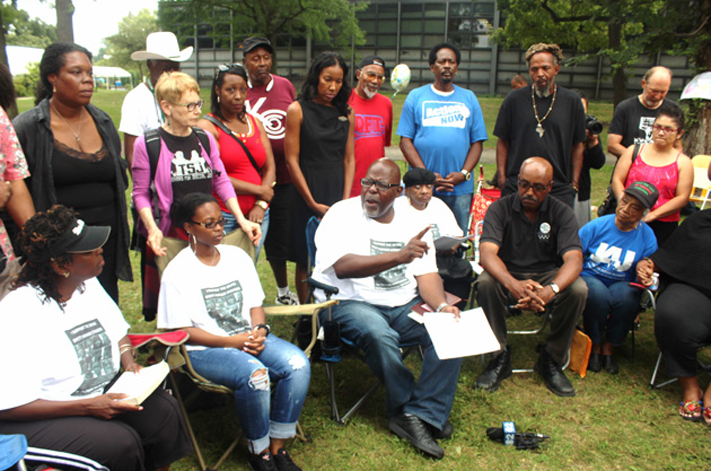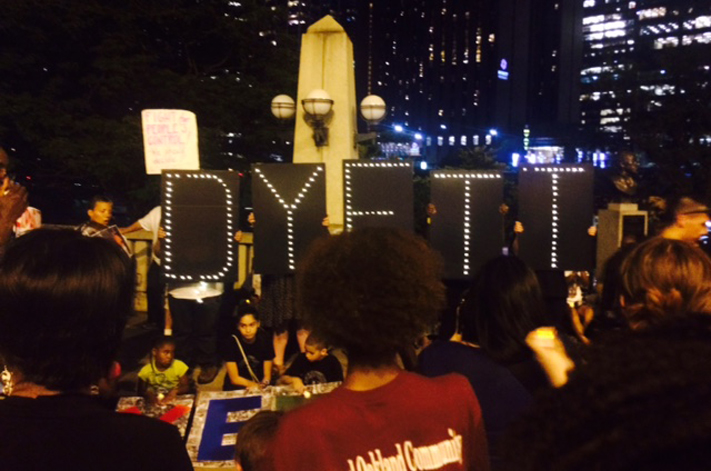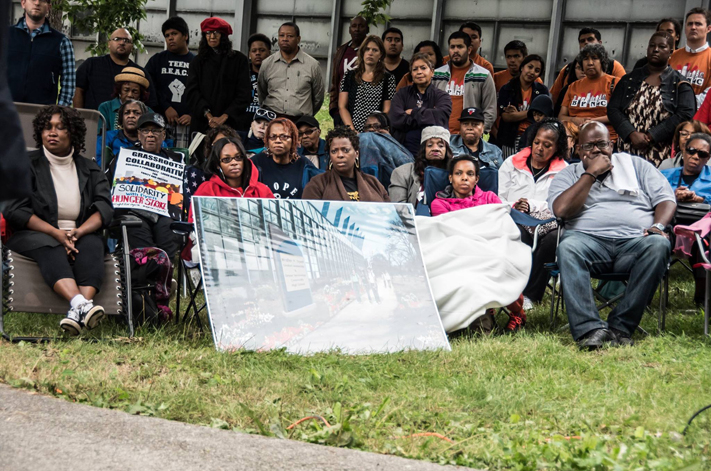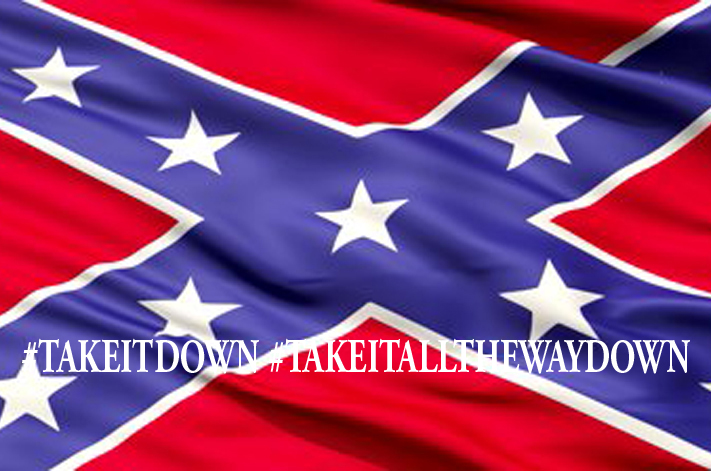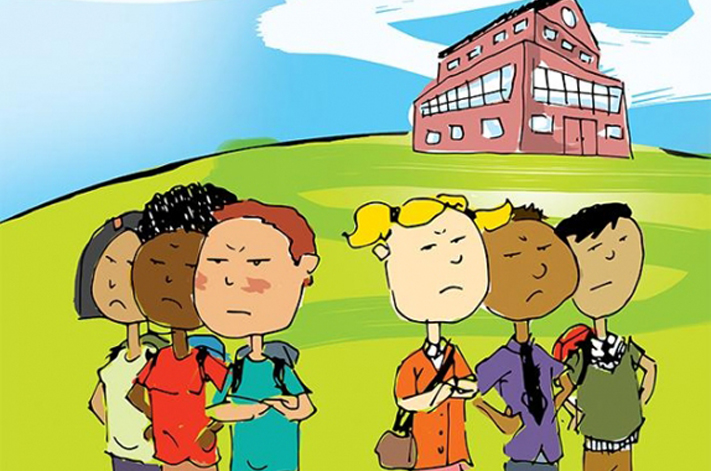Project Description
The Jubilee takes place the first weekend in March at the foot of the Edmund Pettus Bridge and is attended by an estimated 30,000 people. It hosts over 40 events including workshops, concerts, banquets, educational summits, parades, awards ceremonies, pageants, and a street festival of music, art, and history. The Jubilee also serves as a reunion for many of the Voting and Civil Rights participants.
For more of the details click on the subject of interest below. Download the Selma Bridge Crossing Jubilee Schedule or Purchase Tickets!
Selma Bridge Crossing Jubilee – March 5 to March 9, 2015
The short-term goal is to use the Bridge Crossing Jubilee Commemoration of Bloody Sunday and Voting Rights Struggle as a venue to launch a campaign to educate and register one million voters by March 7, 2015, the 50th Anniversary of the Voting Rights Act, which is necessary to move Congress to restore the Act.
Although the network’s concerns are multi-faceted, its agenda is focused on voting rights. S.O.S. is launching a campaign to re-ignite a movement that restores and maintains unfettered voting rights, which helps secure labor, women, immigrant, health and other vital rights that are essential to a just, democratic nation.
See a list of our coalition members.
Hall of Resistance
Foot Soldiers Hall of Fame Induction Ceremony
Immediately following the parade is the Jubilee street festival. The air is filled with the smells of a variety of foods and the sound of music. Water Avenue located at the foot of the Edmund Pettus Bridge is filled with people of all ages and races. The festival has three stages, over 100 vendors, and a children’s village. The stages which include one for Hip-Hop/R&B acts, and the other two for gospel and Jazz/Blues respectively have featured such nationally and internationally known artists such as, Outkast, Jagged Edge, Jennifer Holiday, Ann Nesby, Tremaine Hawkins, Lenny Williams, H-Town, Master P. with Lil’ Romeo, and Chingy. The third stage features a living history devoted to the stories and experiences of the voting rights movement, and a children’s stage featuring storytelling, hands on activities, musical entertainment and a variety of educational activities. The African Village provides an opportunity for the enjoyment of African dance and arts and crafts.
This festival is an exciting adventure into the past and into Selma’s future possibilities. The music, arts, exhibits; dancing and storytelling of Jubilee capture the spirit and lives of this historical time. Children, parents, and grandparent’s journey to Water Avenue to spend their day listening, learning, and liberating their minds and bodies with messages of hope delivered through gospel music and down-home blues, African dance, reggae and rap. They come to share a moment of history with the known and the unknown. They come to recognize and honor the value of the voting rights struggle, and simply, to have a good time together.
The festival is more than the elements that define it—more than the music and activities. The Bridge Crossing Jubilee outdoor festival is a celebration of community and a commemoration of the voting rights struggle. It is the joining of families and friends and a festival of commonality that reaches beyond the everyday experience. Every year the crowds get larger and the spirit gets higher.
During this time, heroes from the civil rights movement who were actually on the bridge in 1965 re-enact the symbolic crossing of the bridge that started the long, arduous walk to the state capitol in Montgomery. The Jubilee commemoration ends with a slow car ride to Montgomery and a service at Reverend Martin Luther King Jr.’s Dexter Avenue Baptist Church.
The Jubilee includes over 40 events including a street festival of music and vendors, a mass meeting and mock trial, an Intergenerational Hip Hop Summit, a Children’s Sojourn, Invisible Giants Conference, Freedom Flame Awards Banquet, the Martin Luther and Coretta Scott King Unity Breakfast and many other informative and fun events. Check out the event schedule. Entertainers and speakers for Jubilee 2015 will be announced at a later date.
Since its beginning in 1993, the notoriety of the Jubilee has spread across the country and abroad. As a result, tens of thousands of people from across the Country and the World visit Selma the first week in March each year for the opportunity to participate in the Jubilee. They come to hear the personal stories of people who participated in the movement, celebrate and commemorate the Voting Rights Struggle and talk with famous Americans who attend, such as, Presidents William Clinton and Barak Obama, Sectary of State Hillary Clinton, Congressman John Lewis, Rev. Jesse Jackson, Mrs. Amelia Boynton, Joseph Lowery, Winnie Mandela and many others.
Because the Jubilee continues to grow, it was decided in 2010 to form an independent non-profit to organize and host the Jubilee along with its historical sponsors. The Bridge Crossing Jubilee was incorporated as a non-profit 501©3.
Bloody Sunday, Turn Around Tuesday and Selma to Montgomery Marches
Jimmie Lee Jackson was shot dead in a restaurant in the city of Marion, Alabama. On the night of February 18, 1965, approximately 500 people left Zion United Methodist Church in Marion and attempted a peaceful walk to the Perry County Jail about a half a block away where SCLC field worker, James Orange was being held. A line of Marion City police, sheriff’s deputies and Alabama State Troopers met them. Street lights were abruptly turned off and the police began to beat the protestors. Then 26-year-old Jimmie Lee Jackson with his mother and grandfather ran into Mack’s Café behind the church and were pursued by Alabama State Troopers. When the troopers began to attack them in the restaurant, Jimmie Lee tried to protect his mother and Fowler shot him twice in the abdomen. Mr. Jackson died at Good Samaritan Hospital eight days later.
Jimmie Lee Jackson’s death prompted the call for a March from Selma to Montgomery on March 7, 1965 for the right to vote. On that fateful day, six hundred peaceful marchers flanked two by two, headed east out of Selma on U.S. Route 80. They got only as far as the Edmund Pettus Bridge six blocks away, where state and local lawmen attacked them on horse back with billy clubs and tear gas. That day became known as Bloody Sunday and helped lead to the passage of the Voting Rights Act of 1965.
After the brutal attack on the marchers, Dr. King sent a telegram around the country asking for ministers of all faiths to come to Selma, Alabama to march to Montgomery, Alabama two days after Bloody Sunday, and simultaneously the Federal Court issued a restraining order prohibiting the march.
With 2,000-3,000 people of all races waiting to march, Dr. King made a decision to continue the march in defiance of the Federal Court order. The second march began on March 9. The marchers were singing “Ain’t Gonna Let Nobody Turn Me Round”. The Alabama state troopers met them when they reached the bottom of the Edmund Pettus Bridge once again. The marchers dropped to their knees and prayed. After prayers they rose and turned the march back to Brown Chapel Church, avoiding another confrontation with state troopers and skirting the issue of whether to obey Judge Johnson’s court order. This march became known as Turnaround Tuesday.
Finally a Federal Court granted permission for the Selma to Montgomery March and on March 21 over 3,500 people of all races including ministers of all faiths, leaders from major Civil Rights organizations and celebrities such as Harry Belafonte set out from Brown Chapel Church, peacefully crossed the Edmond Pettus and continued on to Montgomery averaging 10 miles per day until they reached Montgomery on March 24. By the time the marches reached the Alabama State Capitol on March 25, there were over 25,000 marchers.
Later on the March 25th while returning to Selma from the Montgomery March, Ku Klux Klansmen murdered Viola Liuzzo.
The route is now memorialized as the Selma To Montgomery Voting Rights Trail, a U.S. National Historic Trail
Selma Bridge Crossings
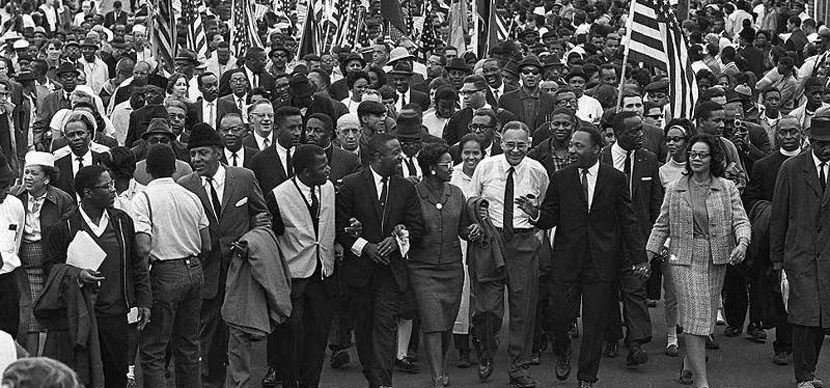
Jimmie Lee Jackson was shot dead in a restaurant in the city of Marion, Alabama. On the night of February18, 1965, approximately 500 people left Zion United Methodist Church in Marion and attempted a peaceful walk to the Perry County Jail about a half a block away where SCLC field worker, James Orange was being held. They got only as far as the Edmund Pettus Bridge six blocks away, where state and local lawmen attacked them on horse back with billy clubs and tear gas. That day became known as Bloody Sunday and helped lead to the passage of the Voting Rights Act of 1965….Please read the history. Remember • Restore • Recommit
P.O Box 1582 | Selma, Alabama 36702 | Phone (334) 526.2626 | Fax (334) 528.0195 | email: info@bcjubilee.org
Originally Published at Selma Jubilee – Bridge Crossing
